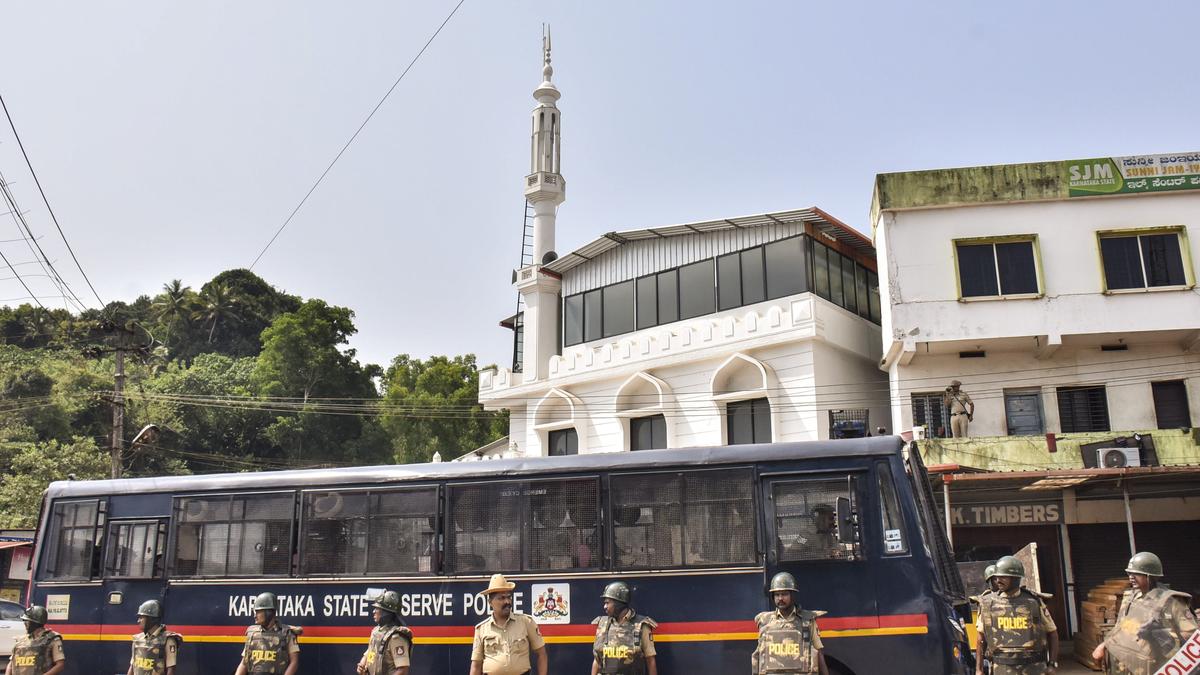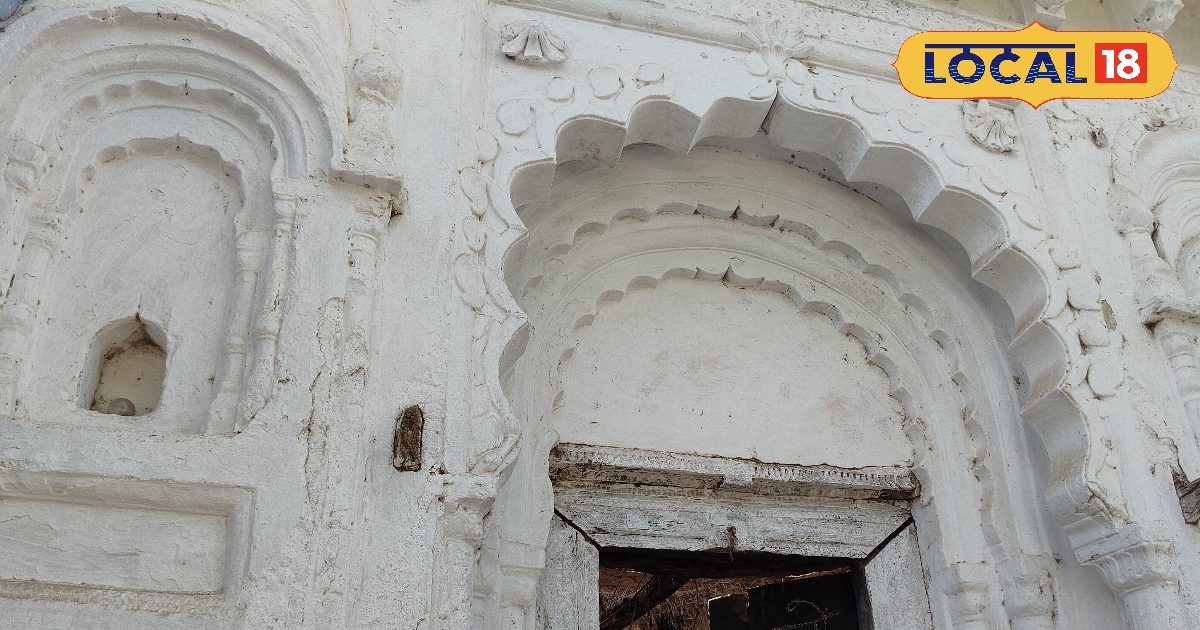
While distrust in fake news is high, confidence in systemic solutions such as a free press remains low
| Photo Credit: EVGENIY MALOLETKA
In India, while there is widespread anxiety about misinformation and fake news, people largely do not attribute it to government influence. Instead, a relatively large share do not mind greater state censorship, according to the latest survey by the Pew Research Center.
Survey data suggests that while distrust in fake news is high, confidence in systemic solutions such as a free press remains low. In fact, a relatively large share of respondents believes that the media is free from state censorship and supports greater state control over the press.

In other words, the data indicates that many citizens view misinformation as stemming from sources such as social media, WhatsApp, or other non-governmental actors, rather than from state censorship or suppression.
In India, 65% of the respondents said that made-up news and information is a very big problem in the country. This is one of the highest rates among the 35 countries surveyed and places India among the top 10 nations where this concern is most strongly felt.
At the same time, only 68% of the respondents said it is very or somewhat important for the media to report news without state or government censorship — the second-lowest rate among the 35 countries surveyed.
In fact, 80% of the respondents believe that the media in India is currently somewhat free or completely free from state intervention. This is one of the highest rates among the countries surveyed and places India among the top 10 once again.
This dichotomy has serious implications for press freedom in India, which has been deteriorating rapidly. In 2024, India ranked 159 out of 180 countries in the World Press Freedom Index published by Reporters Without Borders. While India has consistently ranked below 100 since 2003, the situation has worsened significantly in recent years.
Chart 1 shows the share of respondents who said that made-up news and information is a very big problem in their country.
In Bangladesh, South Korea, Chile, Colombia and Thailand, over 70% of the respondents felt this. In Peru, Philippines, Turkey, Greece and India, more than 65% or more of the respondents said so. The concern for fake news was lowest in Singapore, Poland, Sweden, Netherlands, and Israel.
Chart 2 shows the share of respondents who said that it is very or somewhat important for the media to report news without state or government censorship.
The share was above 90% in Greece, Sweden, the U.K., and 11 other countries; between 80% and 90% in 13 countries; and between 70% and 80% in five countries. In India and Kenya, less than 70% of the respondents emphasised the need for a media free of state censorship.
Chart 3 shows the share of respondents who said that the media is currently completely/somewhat free in their country.
India, Sweden, Netherlands, Philippines, Ghana, Australia, Kenya, and Thailand are the eight countries where 80% or more of the respondents said that the media is now completely or somewhat free. In Chile and Greece, less than 40% felt so.
Reading Charts 2 and 3 together offers a different perspective. India and Kenya are the only two countries where a larger share of respondents believe that the media is free (80% or more), while a smaller share (less than 70%) emphasise the importance of media freedom.
In other words, in 33 of the 35 nations surveyed, there is a ‘press freedom gap’, which means the share of people who feel media freedom is important is greater than the share who believe it exists. In contrast, in India and Kenya, this gap is reversed.
Source: The data for the charts were taken from Pew Research Center’s “Free Expression Seen as Important Globally, but Not Everyone Thinks Their Country Has Press, Speech and Internet Freedoms released April 2025
Published – May 01, 2025 08:00 am IST


Leave a Comment